The Surprising Reasons These Companies Changed Their Brand Names
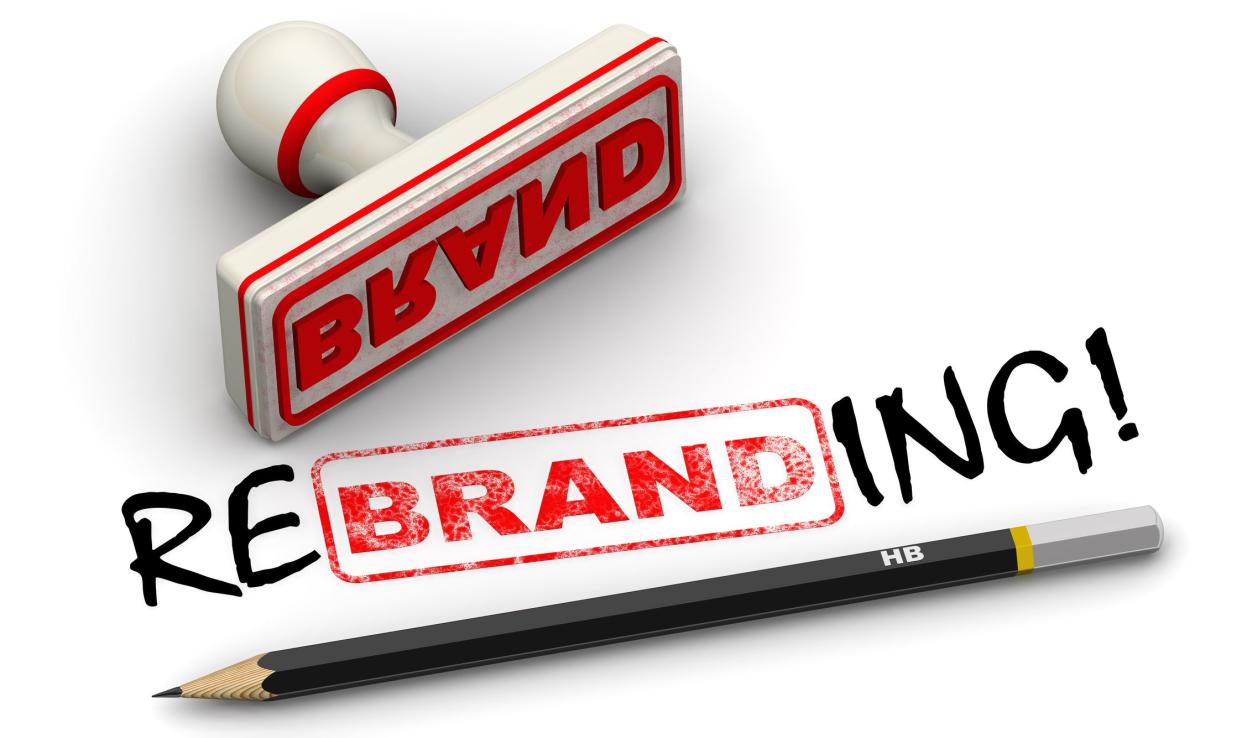
Companies' reasons for choosing new names and logos vary from the banal — corporate restructuring — to the extraordinary: fraud, disasters, or scandal. Changing a company's long-standing name isn't without risk, and these days rebranding comes with a fair amount of ribbing on social media. Whether initiated from inside the boardroom or pushed from forces outside the company, some notable corporate and brand name changes have taken place in recent years, and the names and justifications behind the changes are sometimes eyebrow-raising.
Related: Big Names That Changed With the Times to Avoid Being Canceled
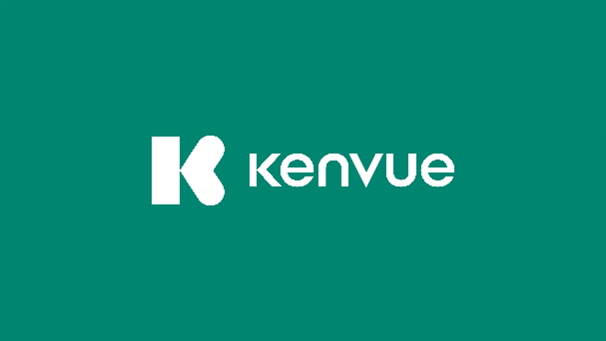
New name: Kenvue
Though it plans to keep the J&J name for its larger pharmaceutical unit, New Jersey-based Johnson & Johnson is changing the name that carries its consumer health products — which include everyday household products such as Band-Aid bandages, Tylenol, Listerine, and baby powder — to Kenvue. The new name is a combination of ken, an English word for knowledge, primarily used in Scotland, and vue, which references sight. The new name is to begin appearing on the company's products next year.
Related: These Companies Are Worth $1 Trillion
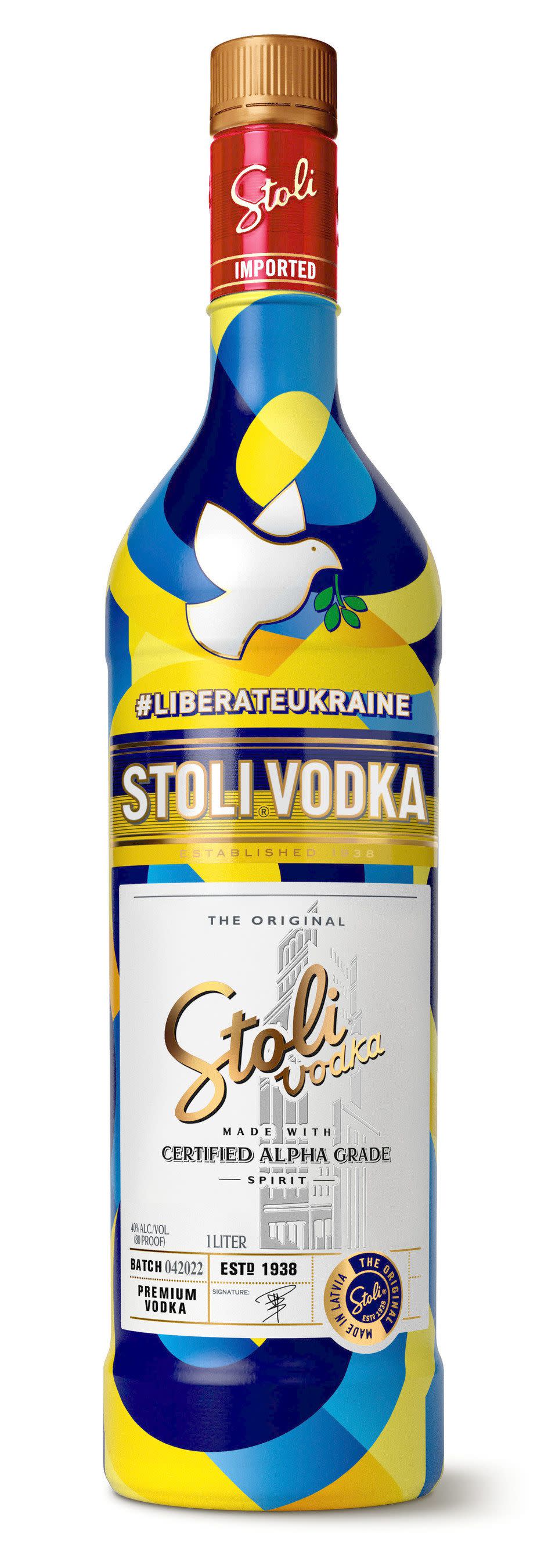
New name: Stoli
Though it has been produced in Latvia for more than two decades now, Stolichnaya vodka has kept its Russian branding — until now, that is. On the heels of Russia's invasion of Ukraine, the founder of Stolichnaya has announced a major rebrand, giving a megaphone to his opposition of Russian President Vladimir Putin's actions — and consumers less of a reason to mistakenly boycott the brand. Stoli Group's founder, Yuri Shefler, was born in Russia, but was exiled in 2000 for standing against Putin. The rebrand doesn't begin and end with a name change, either. Stoli also announced plans to use only Slovakian-sourced ingredients, with no more sourced from Russia, and just released a limited edition charity bottle to benefit Ukraine. Proceeds from the special blue and yellow bottle will be donated to World Central Kitchen, a charity that feeds millions of refugees — and one that was bombed in Kharkiv.
Related: Boycotts, Bans, and More: Russia Squeezed From World Stage
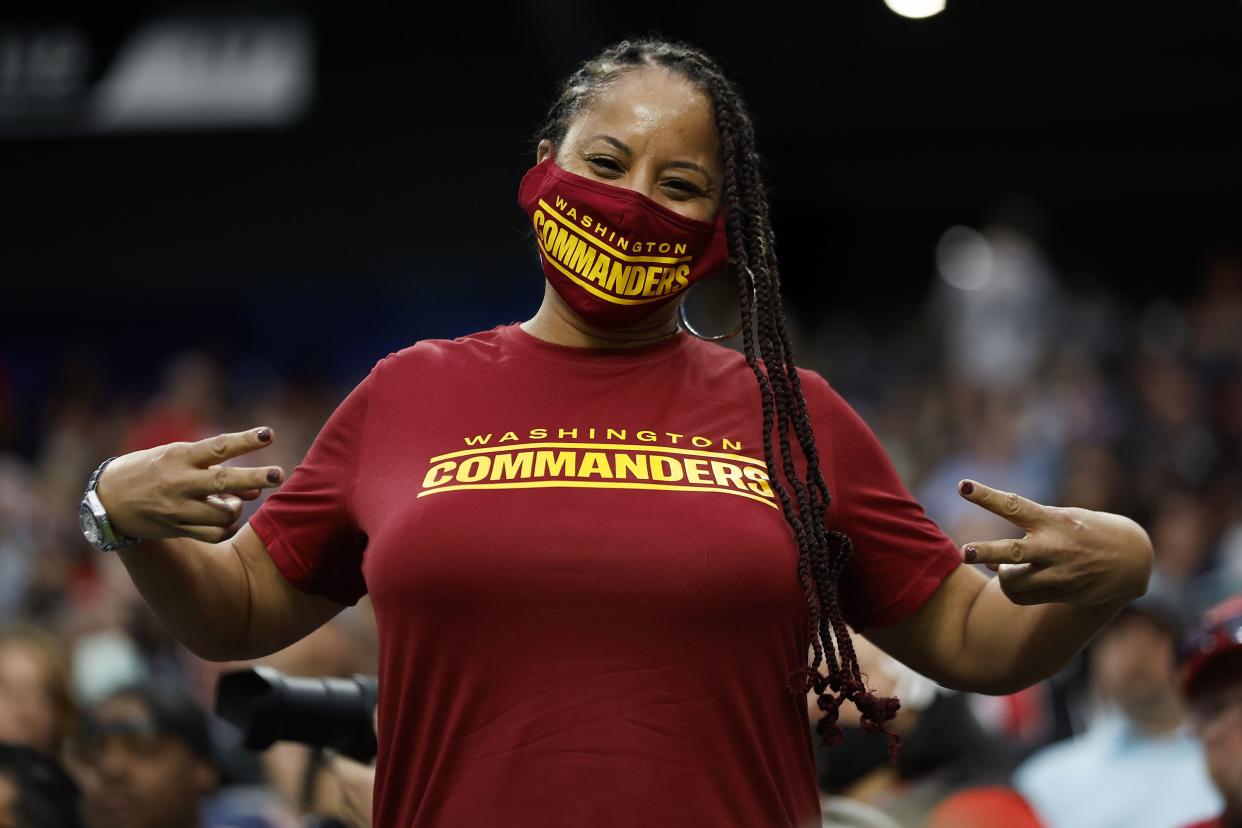
New name: Washington Commanders
Rebranding an NFL team is a costly affair, but the Redskins decided 2020 was the year, especially after prompting by major sponsor FedEx and other investors. Long considered offensive by many Native Americans, "Redskins" was first replaced with the most generic of temporary names, the Washington Football Team; now the team says it will be known as the Washington Commanders. The reaction to the new moniker has been decidedly mixed, with one Twitter observer musing that it "sounds like a made-up football team in a movie starring The Rock."
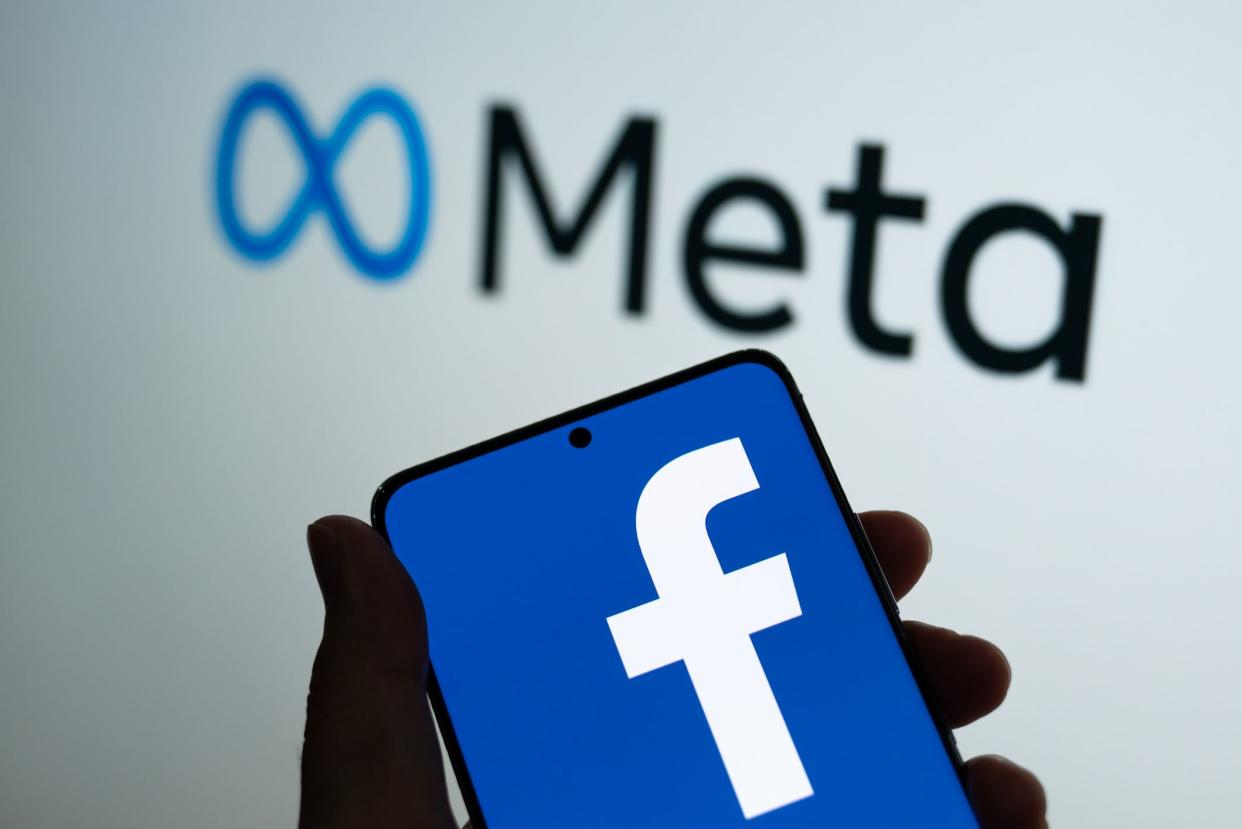
New name: Meta
What is the metaverse, anyway? Facebook, excuse us, Meta, seems to think it's a big enough deal to spur a corporate rebranding, anyway. The tech giant changed its name in late 2021, ostensibly to embrace growth beyond social media, but observers seemed to think it came at a convenient time, when the company was dealing with a high-profile whistleblower case that accused it of doing too little to keep its platforms from spreading misinformation.
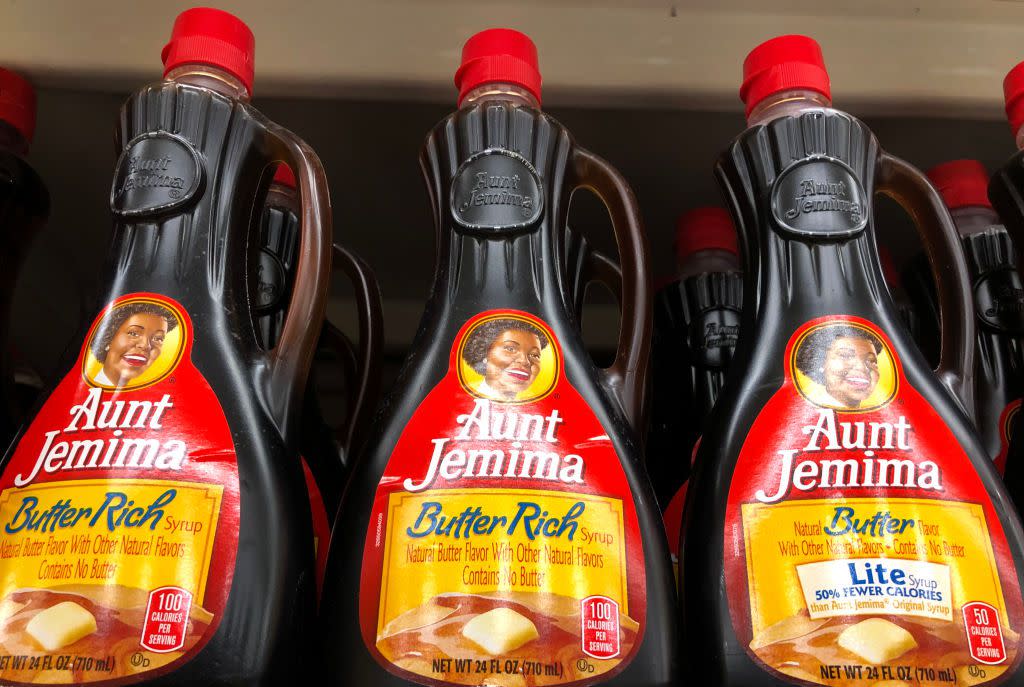
New name: Pearl Milling Co.
Quaker announced in early 2021 that its eponymous Aunt Jemima syrup would be getting a new brand name and logo: Pearl Milling Co. The brand's origins were "based on a racial stereotype," executives acknowledged, and the logo had already been tweaked several times, including to remove a kerchief from Aunt Jemima's head.
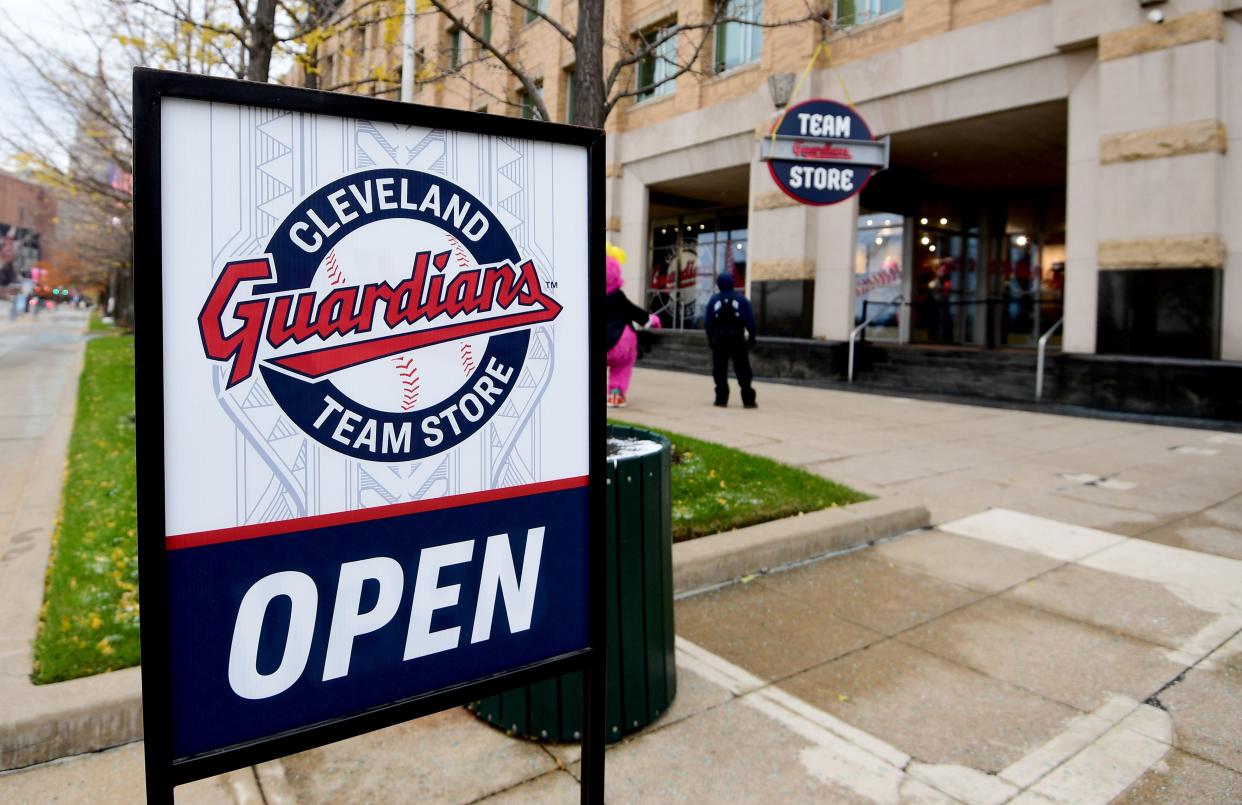
New name: Cleveland Guardians
Before the Commanders supplanted the Redskins, the Guardians replaced the Indians. The decision to change the name came in late 2020 after years of urging from Native American groups that said the team moniker and Chief Wahoo mascot were stereotypical at best and harmful at worst. The Guardians name, announced in a flashy Twitter video narrated by Tom Hanks, was inspired by the landmark stone edifices on a historic Cleveland bridge.
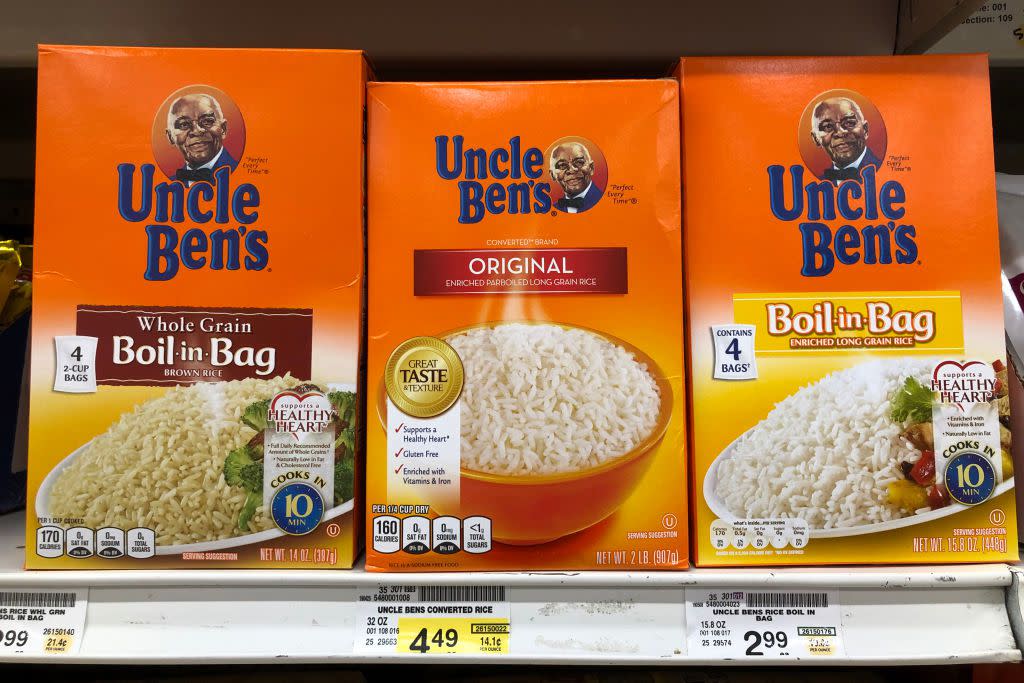
New name: Ben's Original
The box of rice in your pantry recently got a new look. Mars, owner of the Uncle Ben's brand, said in 2020 that protests over racial injustice meant "now is the right time to evolve the Uncle Ben's brand, including its visual brand identity." The bowtie-wearing Black rice farmer (whose image was based on a Chicago waiter) is gone, and the product is now known as Ben's Original.
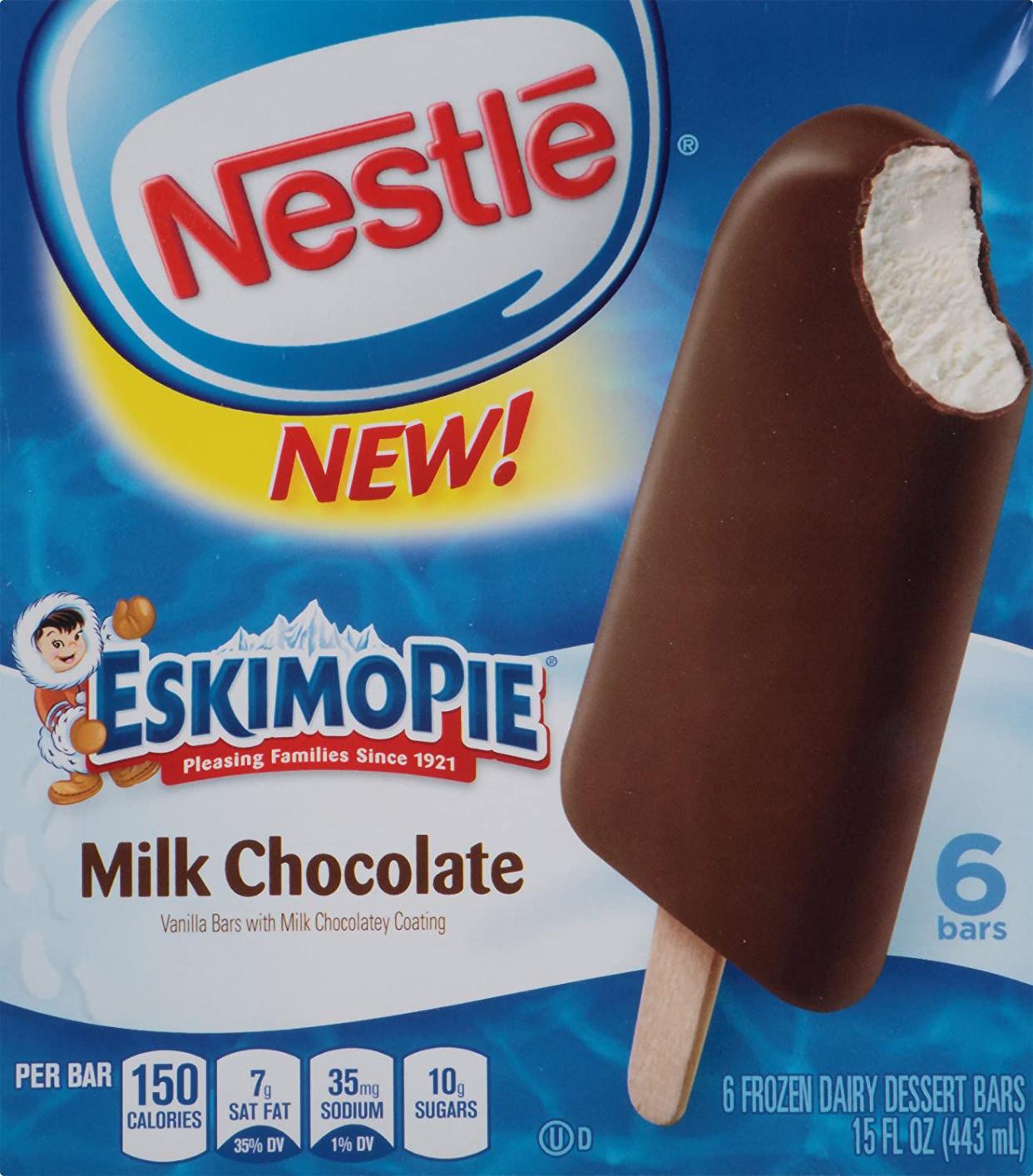
New name: Edy's Pie
What might have been your favorite childhood ice-cream treat received a new name in 2020: Edy's Pie. Eskimo, considered offensive by indigenous groups like the Inuit, got the heave-ho, as did the mascot, a young boy in a furry hooded robe and boots. Parent company Dreyer's said it "recognizes the term is derogatory" and had been reviewing the brand, recently acquired from Nestle, for some time.
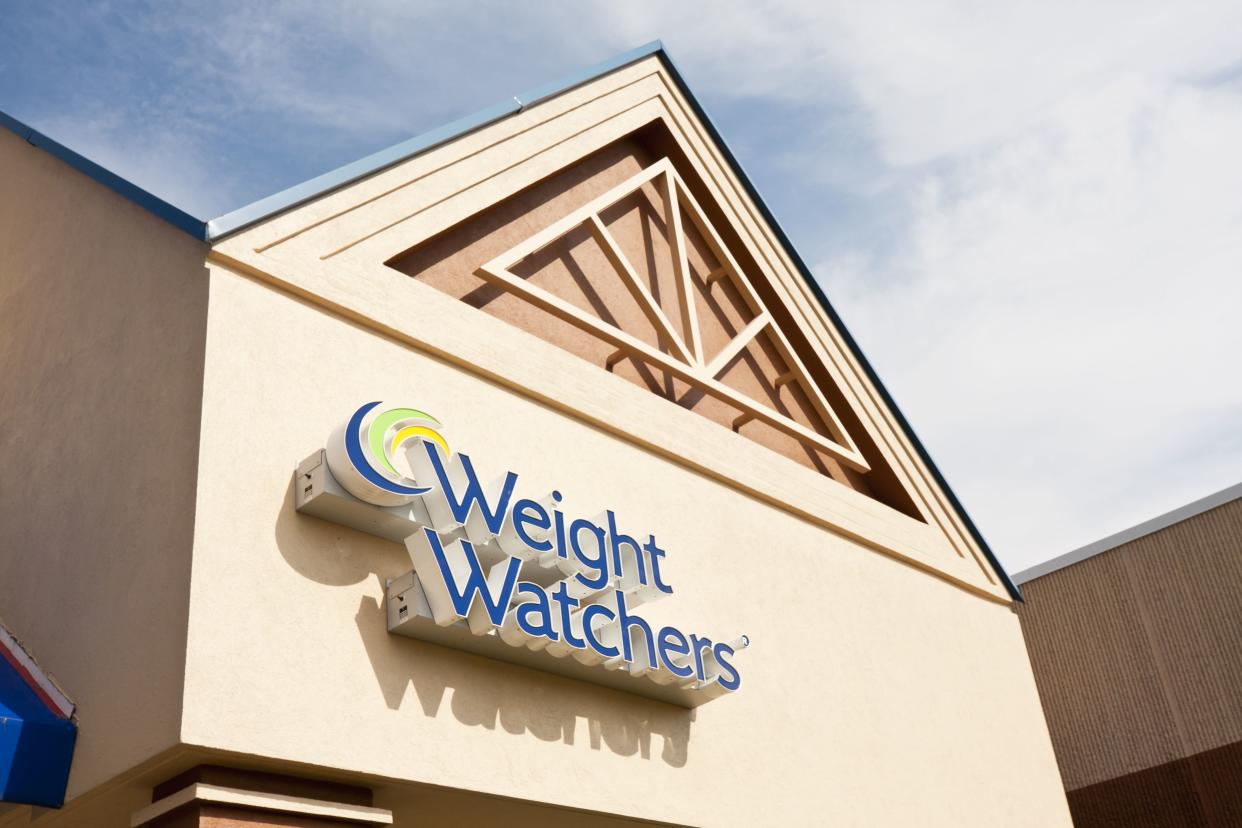
New name: WW
What's a diet-focused company to do when dieting goes out of style, supplanted by body positivity and health at any weight? In 2018, Weight Watchers decided to shorten its name to WW and tack on a more health-focused tagline — "wellness that works." Of course, the company is also aiming to capture a newer, younger audience that has come of age with health-focused apps and services galore, from MyFitnessPal to Fitbit to Peloton.
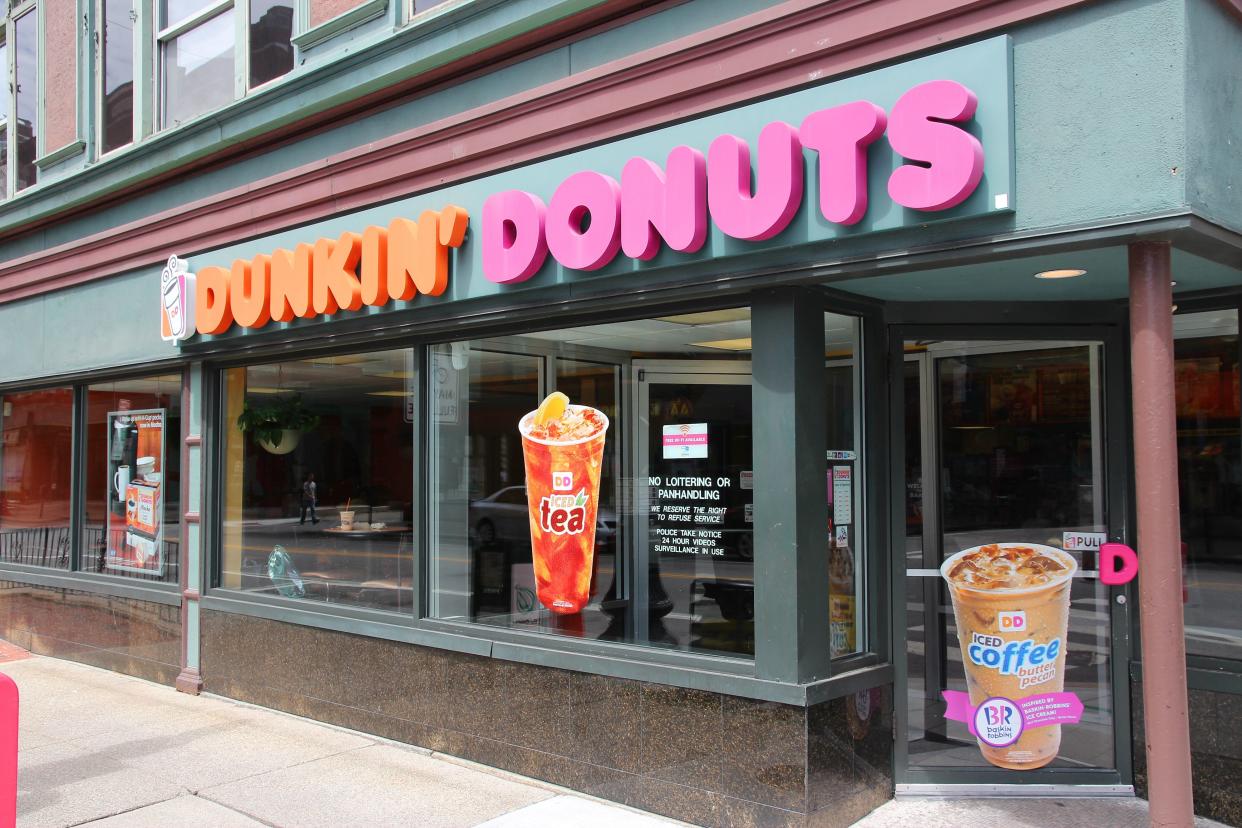
New name: Dunkin'
Dunkin' Donuts wants America to know that Starbucks isn't the only place to get a a good cup of joe. So in 2018, it said it would drop Donuts from its name, hoping to reflect its increasing focus on coffee and other beverages. Given its longtime slogan, "America runs on Dunkin'," the name change received little pushback, though plenty of predictable Twitter snark.
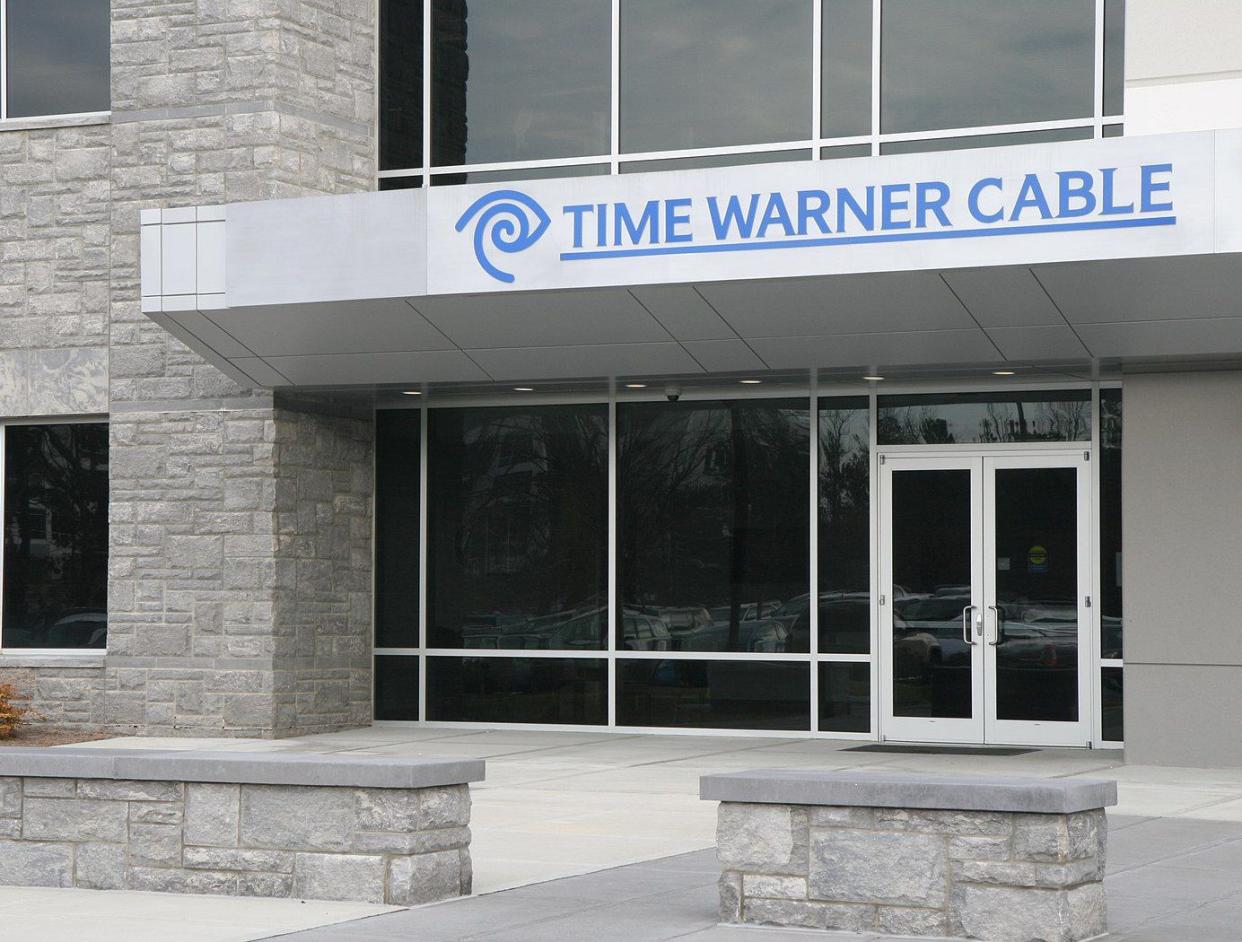
New name: Spectrum
Time Warner Cable, never exactly known for its stellar customer service, embarked on a rebranding quest in 2017, switching its name to the much-flashier Spectrum after merging with Charter. Arguably, its efforts have been successful, with customers reporting much higher satisfaction levels with the newly renamed company.

New name: RH
Restoration Hardware sells an aspirational lifestyle full of high-end sofas, sleek lighting, and plush handwoven rugs. Hardware? Sure, at first — but the company had moved far beyond its humble beginnings. That's what drove it to become the more-streamlined RH at the beginning of 2017. By all accounts, the transition was a success, and upscale RH Galleries across the country continue to attract both gawkers and shoppers as other bricks-and-mortar stores struggle.
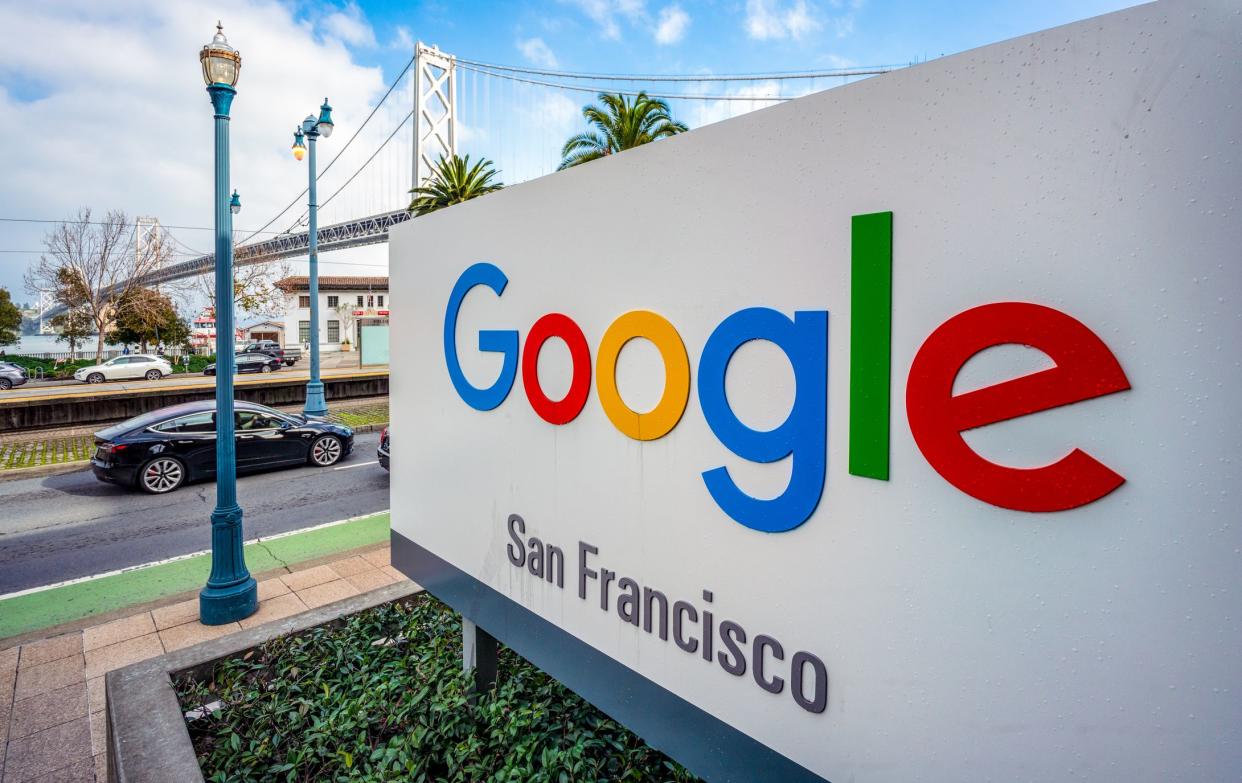
New name: Alphabet
In 2015, Google raised eyebrows with the sudden announcement that its new corporate name would be Alphabet. The move was meant to placate investors skeptical of the company's higher-risk ambitions by separating new initiatives like self-driving cars from its core search-engine business. Another welcome effect, Investopedia says
https://www.investopedia.com/articles/investing/081115/why-google-became-alphabet.asp
: A lower risk of antitrust lawsuits.
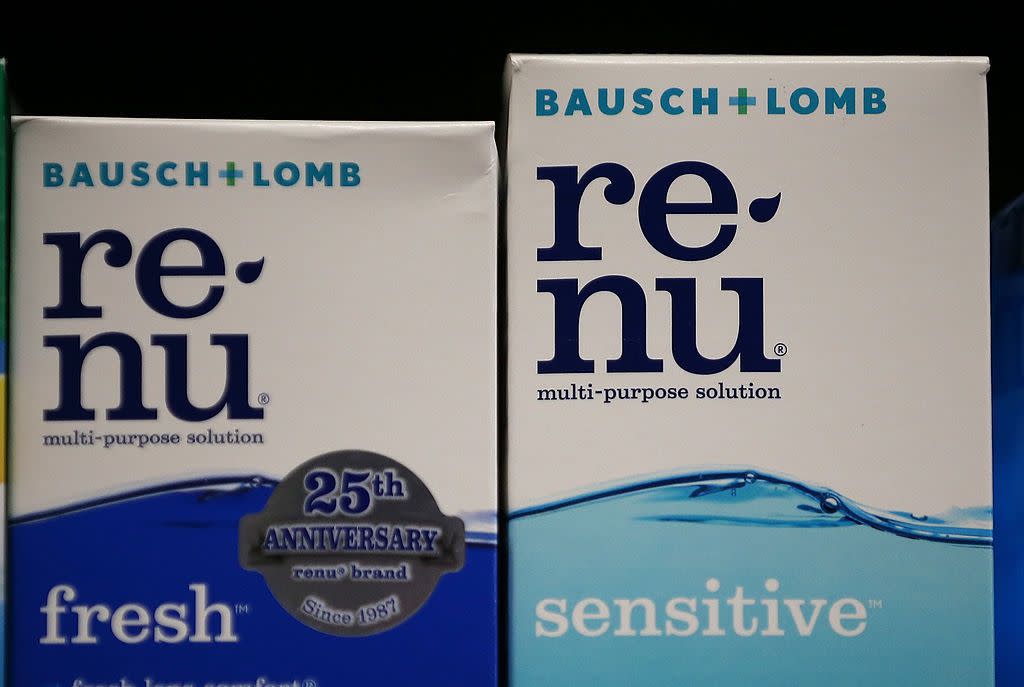
New name: Bausch Health
This prominent Canadian drugmaker became so mired in twin scandals that it had very little to lose by rebranding. The company was involved in an accounting scandal, and it was also dogged by allegations that it was buying drugs and artificially inflating their prices. The toxic press coverage sent its stock price off a cliff in 2015, after which the company decided to rebrand as Bausch Health, inspired by one of its most prominent product lines, Bausch and Lomb eye care.
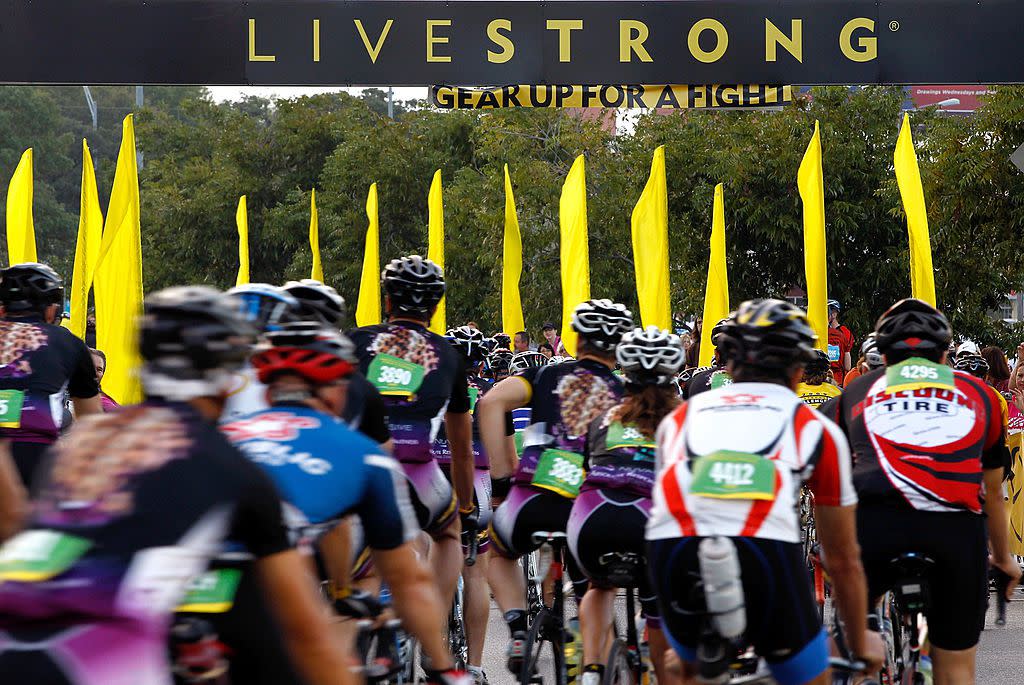
New name: Livestrong
What's a charity to do when its founder and namesake becomes embroiled in one of the biggest sports scandals of the century? Change its name, of course. The Lance Armstrong Foundation, then only informally known as Livestrong, officially adopted its nickname in 2012 after Armstrong's doping scandal rocked the cycling world. Though his seven Tour de France wins were nullified and he stepped down as the group's chairman, Armstrong remained on the group's board.
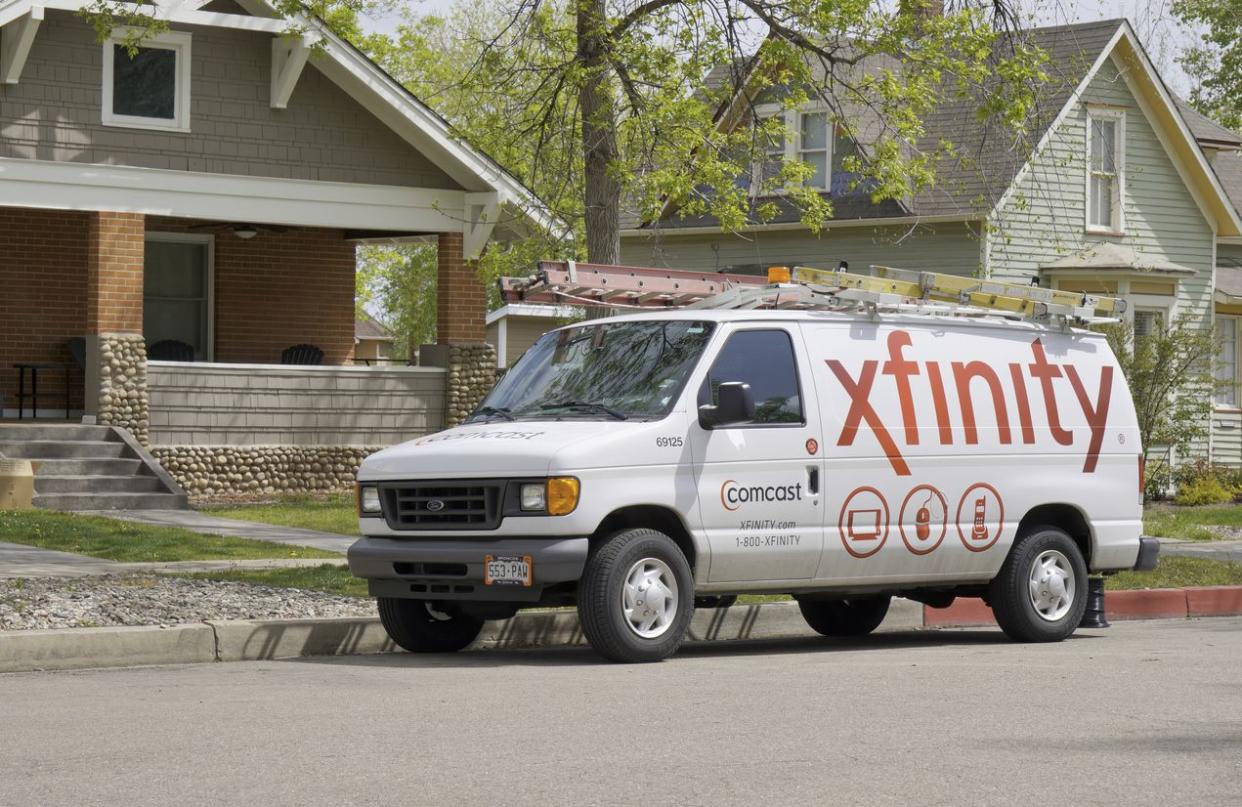
New name: Xfinity
Time Warner isn't the only cable company that has played the name-change game. If the name Comcast sends a shiver down your spine, you aren't alone. In fact, you're in such good company that Comcast rebranded its cable service as Xfinity in 2010. Officially, the move was to better align its new products and data speeds, but distancing itself from "notorious bad customer service and technical difficulties" was a happy side effect.
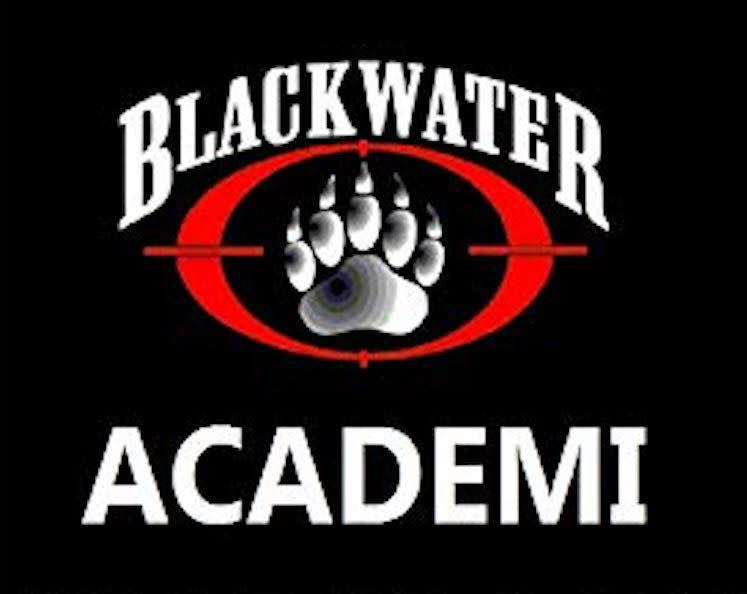
New name: Academi
This government contractor was so tainted by scandal that it changed its name not once, but twice. The private security firm became a household name when a group of its employees killed several Iraqi civilians in Baghdad in 2007, an attack that investigators later determined was unprovoked. In 2009, the company switched its name to Xe; two years later, it became Academi and remains so today.
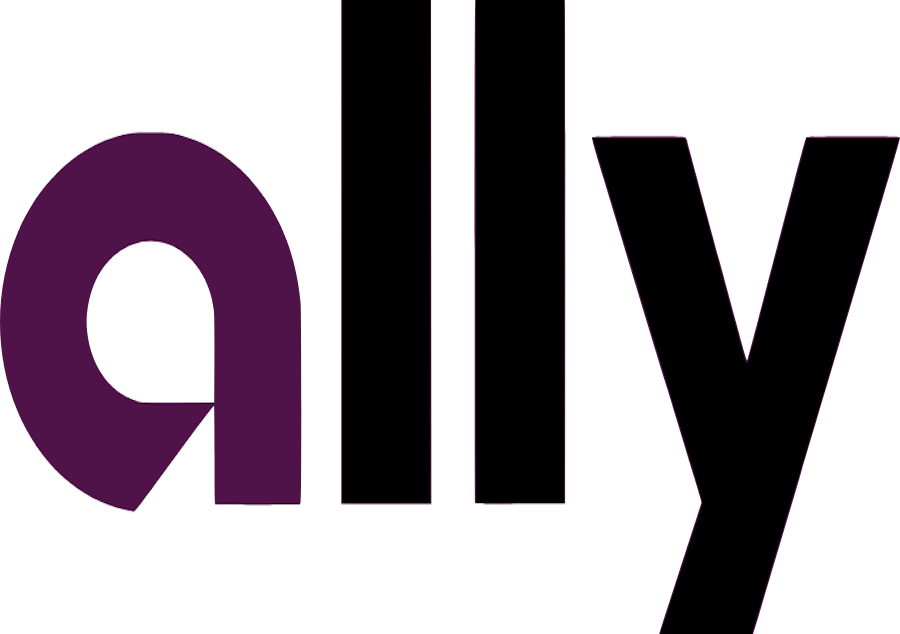
New name: Ally
GMAC played a pivotal role in the 2008 subprime mortgage debacle and subsequent housing collapse, eventually accepting a government bailout worth billions. That left a bad taste in plenty of consumers' mouths, so the lender decided to rebrand itself as Ally Bank. By all accounts, the switcheroo has gone well, as Ally continues to rack up accolades for being one of the best online banks from publications like Money and Bankrate.
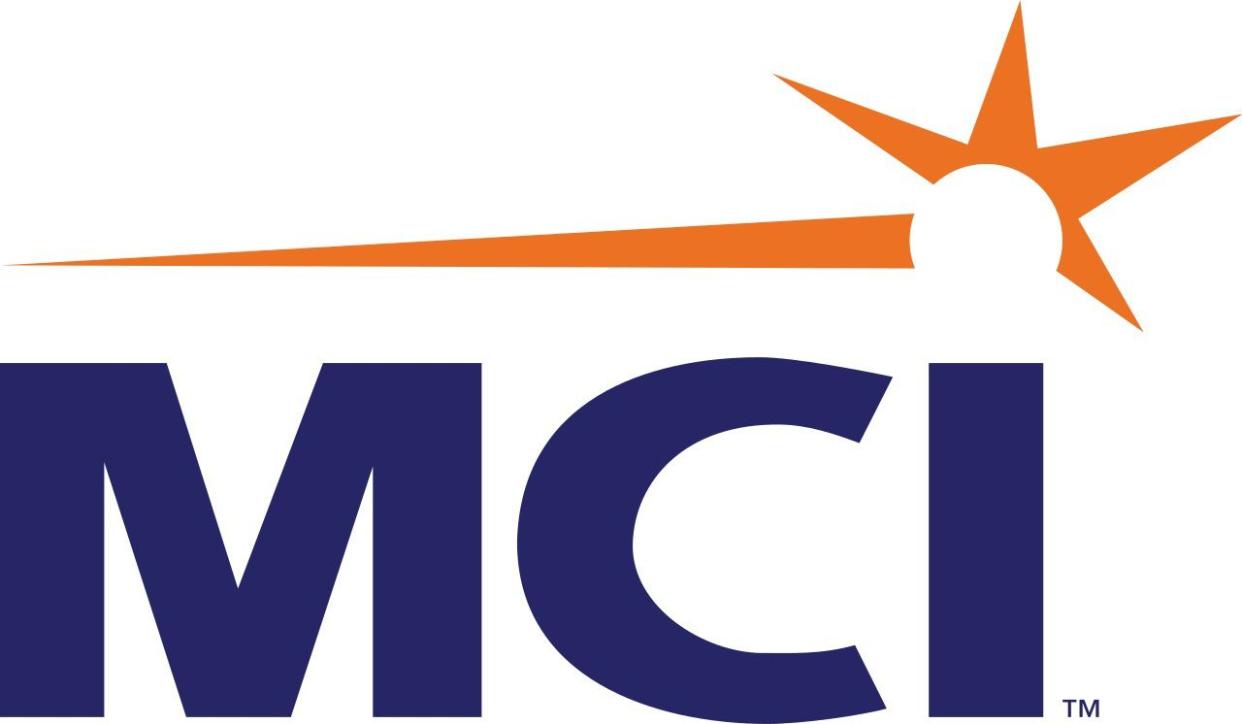
New name: MCI
Anyone who knows much about corporate accounting scandals would undoubtedly put WorldCom near the top of their list. The telecom giant fudged its books to the tune of some $11 billion, leading to what was then the largest bankruptcy filing in U.S. history in 2002. Two years later, the newly restructured company adopted a new (old) name: MCI, the name of the company WorldCom had absorbed during a 1996 buyout. MCI was not long for this world, either, as it was snapped up by Verizon in 2005.
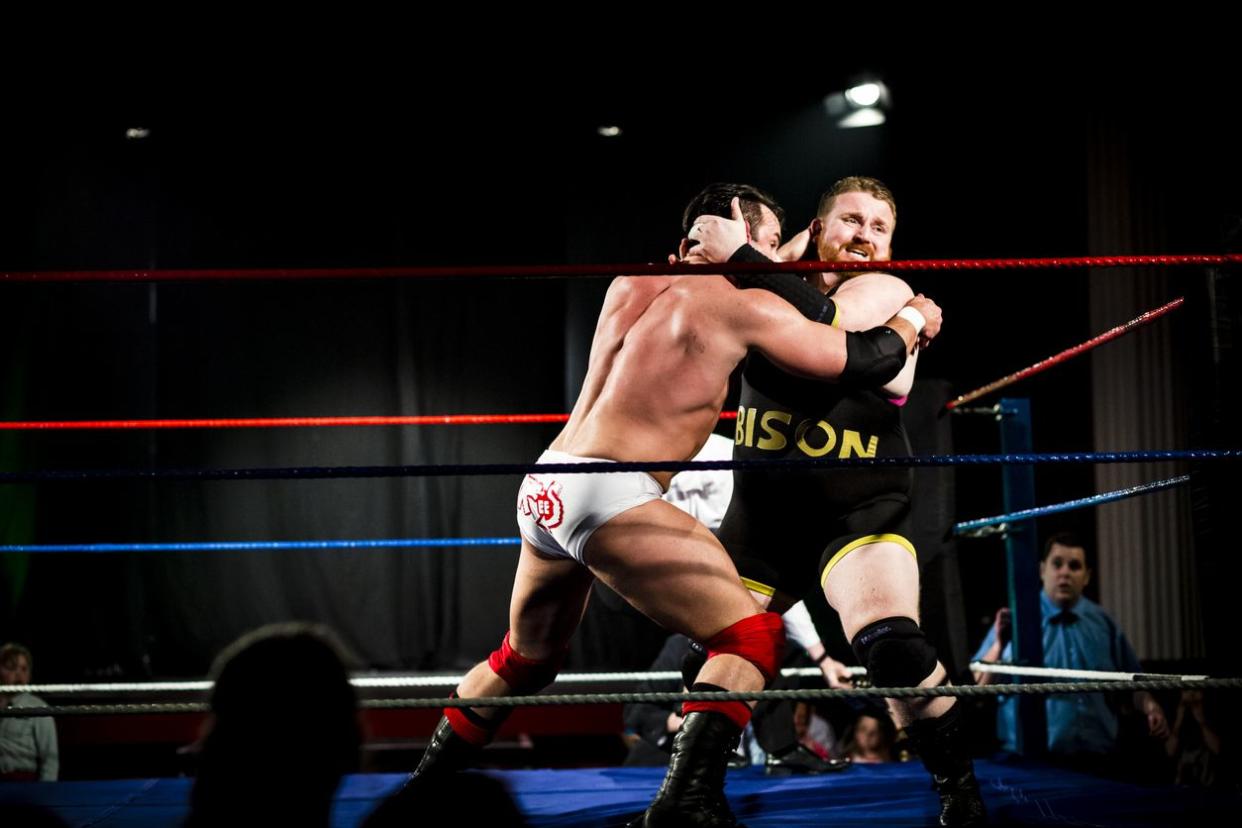
New Name: World Wrestling Entertainment
Back in 2002, the WWF discovered the hard way not to step into the ring with pandas. That's when the federation changed its name to WWE — World Wrestling Entertainment — after a lawsuit from the World Wildlife Federation. The wildlife group, known for its cuddly panda logo, accused the wrestlers of using its trademarked WWF initials a little too liberally, violating a previous agreement not to refer to itself as WWF except in very limited instances.
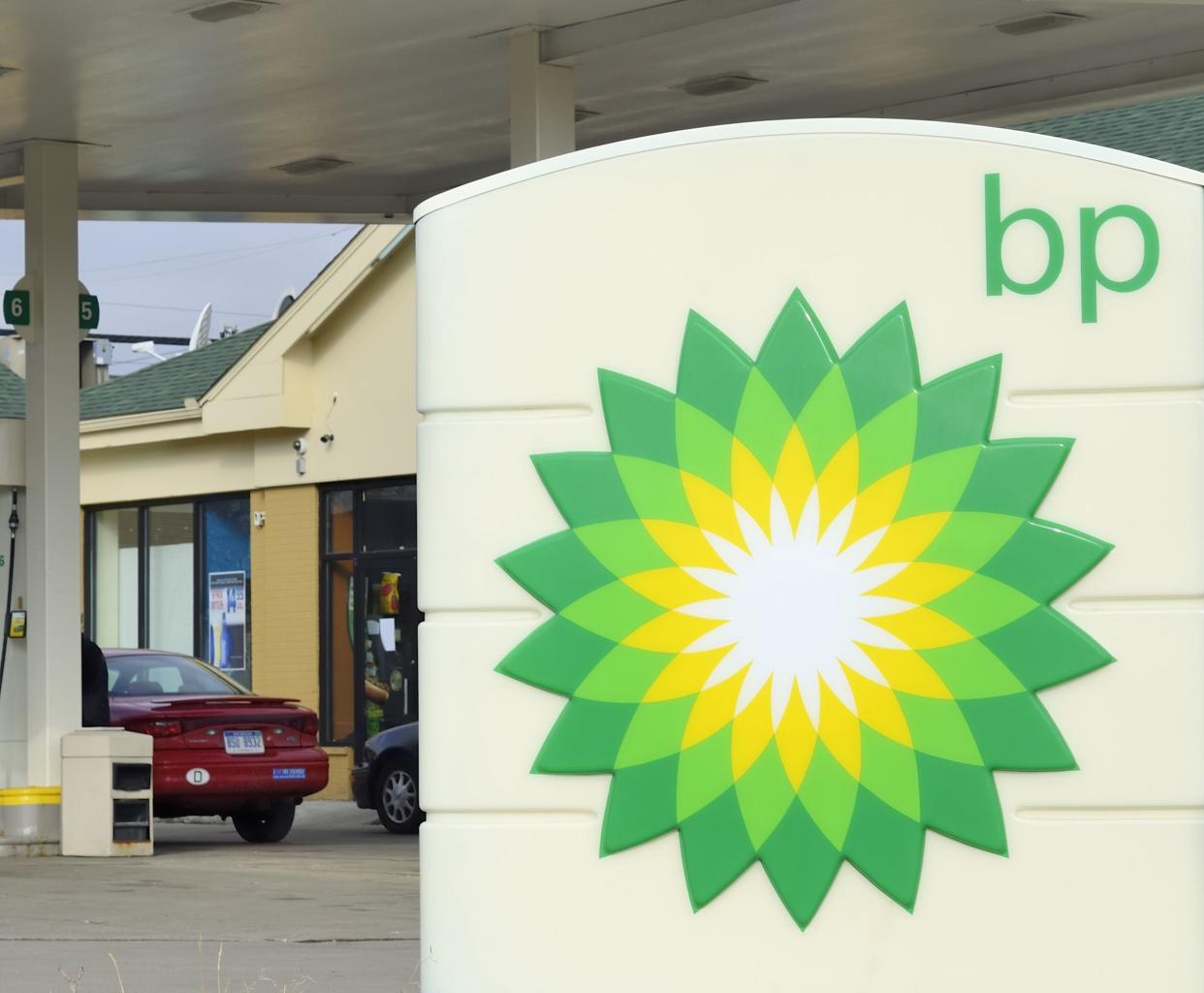
New name: BP
In the new millennium, this fossil-fuel giant wanted to embrace a more environmentally friendly image. So in 2000, it cast off its stodgy old name for a breezy abbreviation and adopted a green and yellow helios logo that now beckon from street corners across the nation. The company stuck with the BP name even after the catastrophic 2010 Deepwater Horizon oil spill in the Gulf of Mexico, which led some gas-station owners to clamor for another name change.
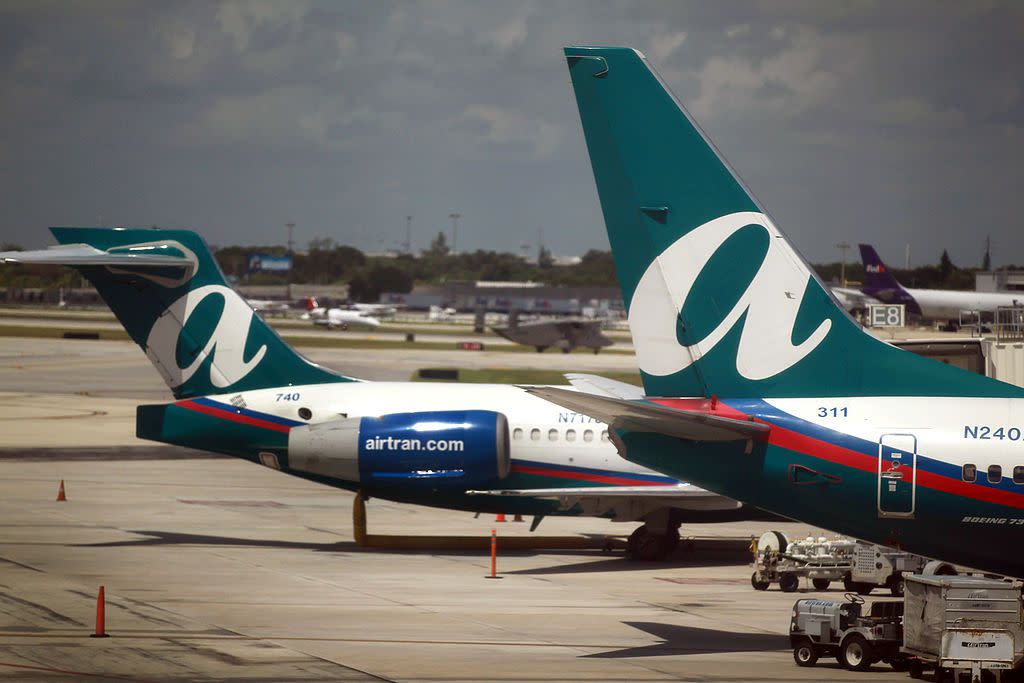
New name: AirTran
If the name ValuJet conjures the image of plane wreckage in the Florida Everglades, that's exactly why the company decided to change its name. After a crash killed more than 100 passengers in 1996, the airline — which had already been dogged by accusations that its safety procedures weren't up to snuff — merged with another company the following year and was reborn as AirTran. AirTran was then acquired by Southwest in 2014.
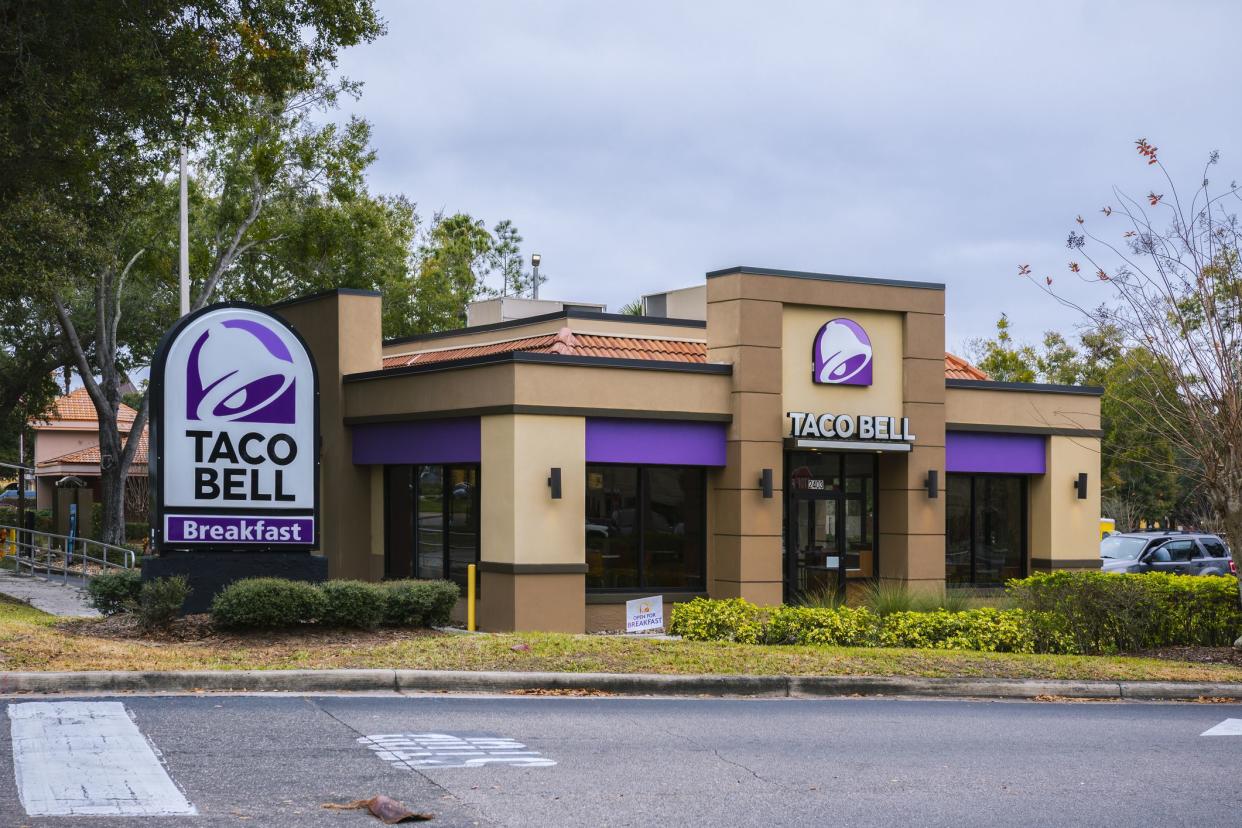
Like Cheapism's content? Be sure to follow us.
